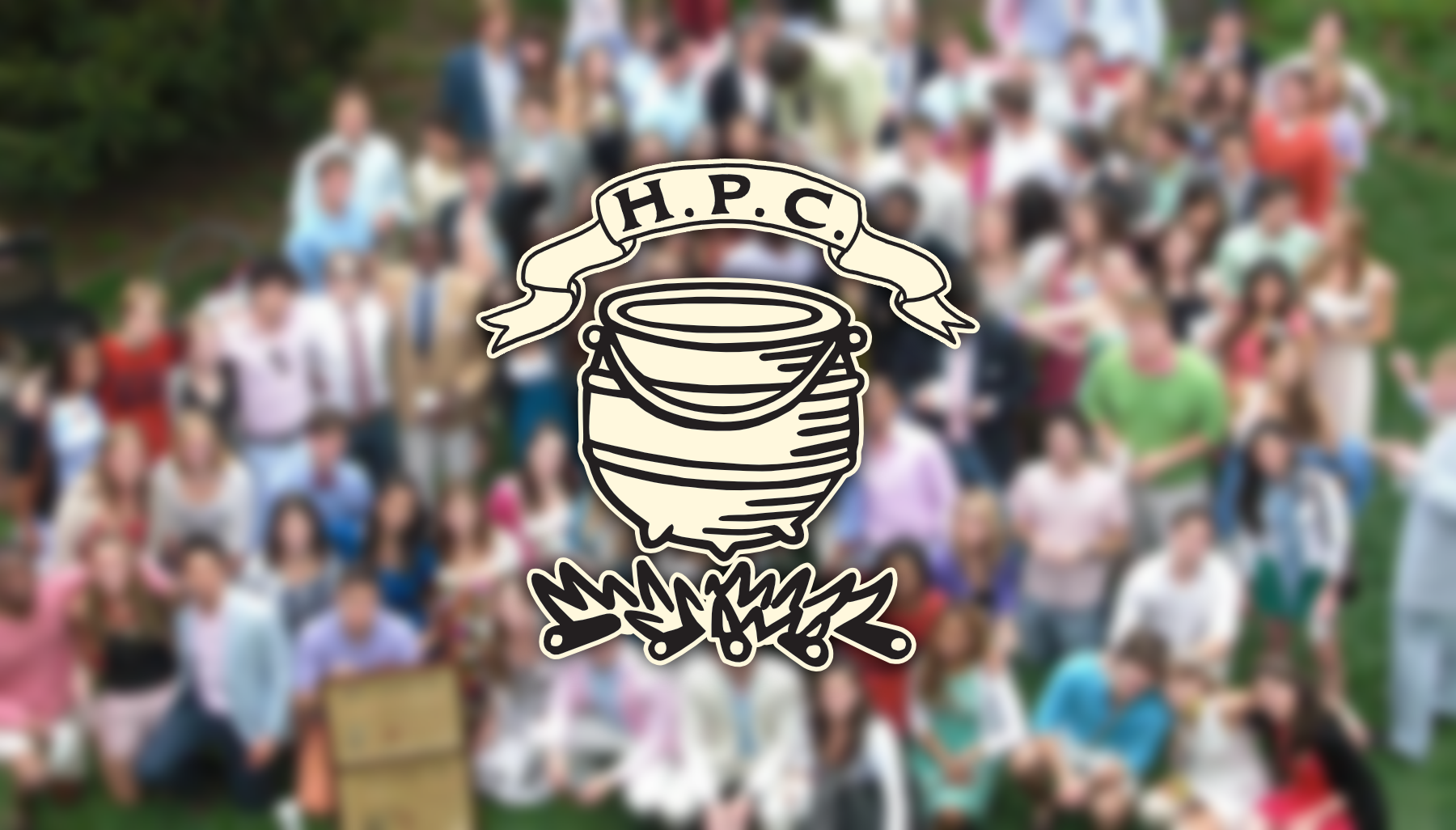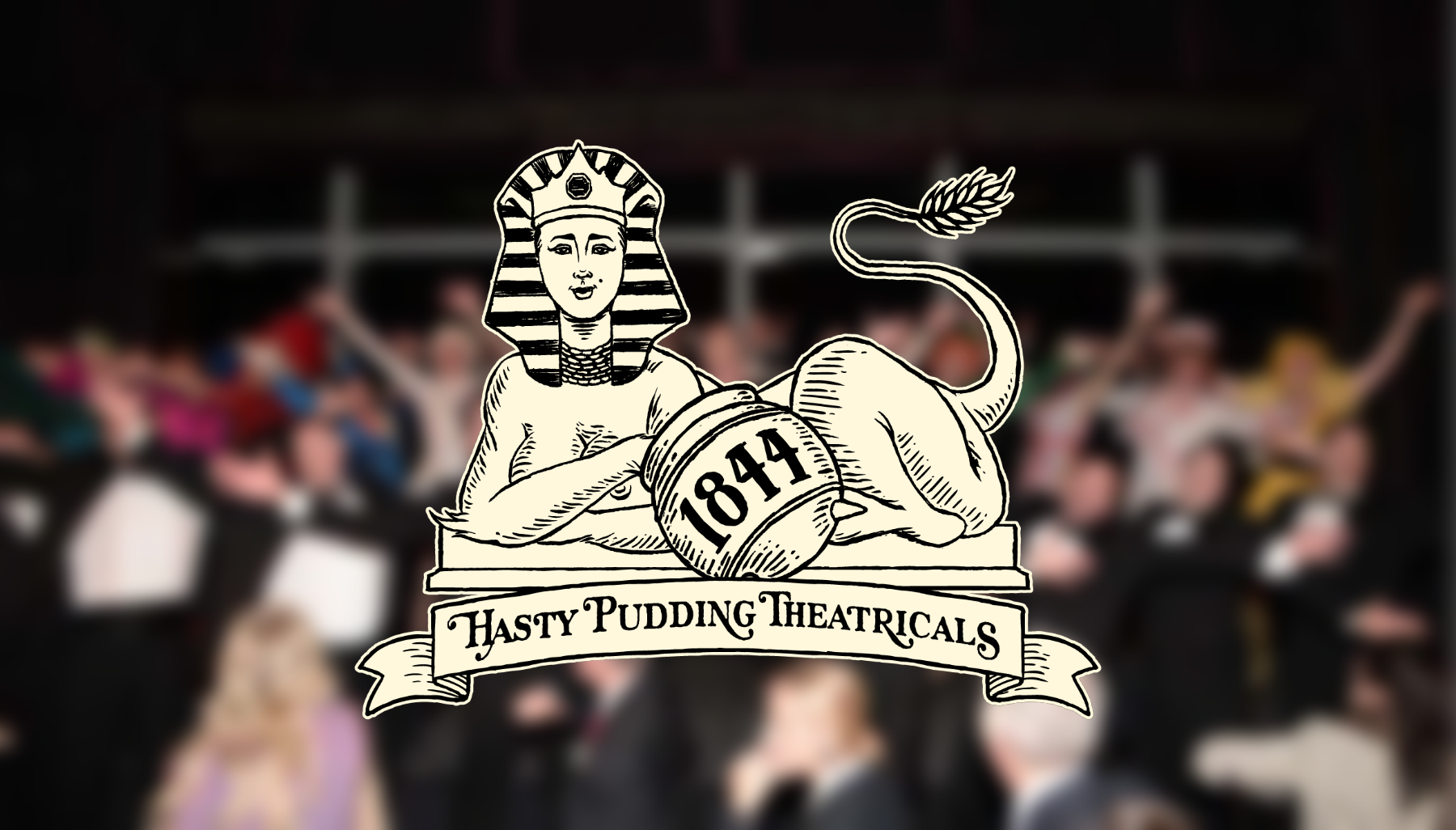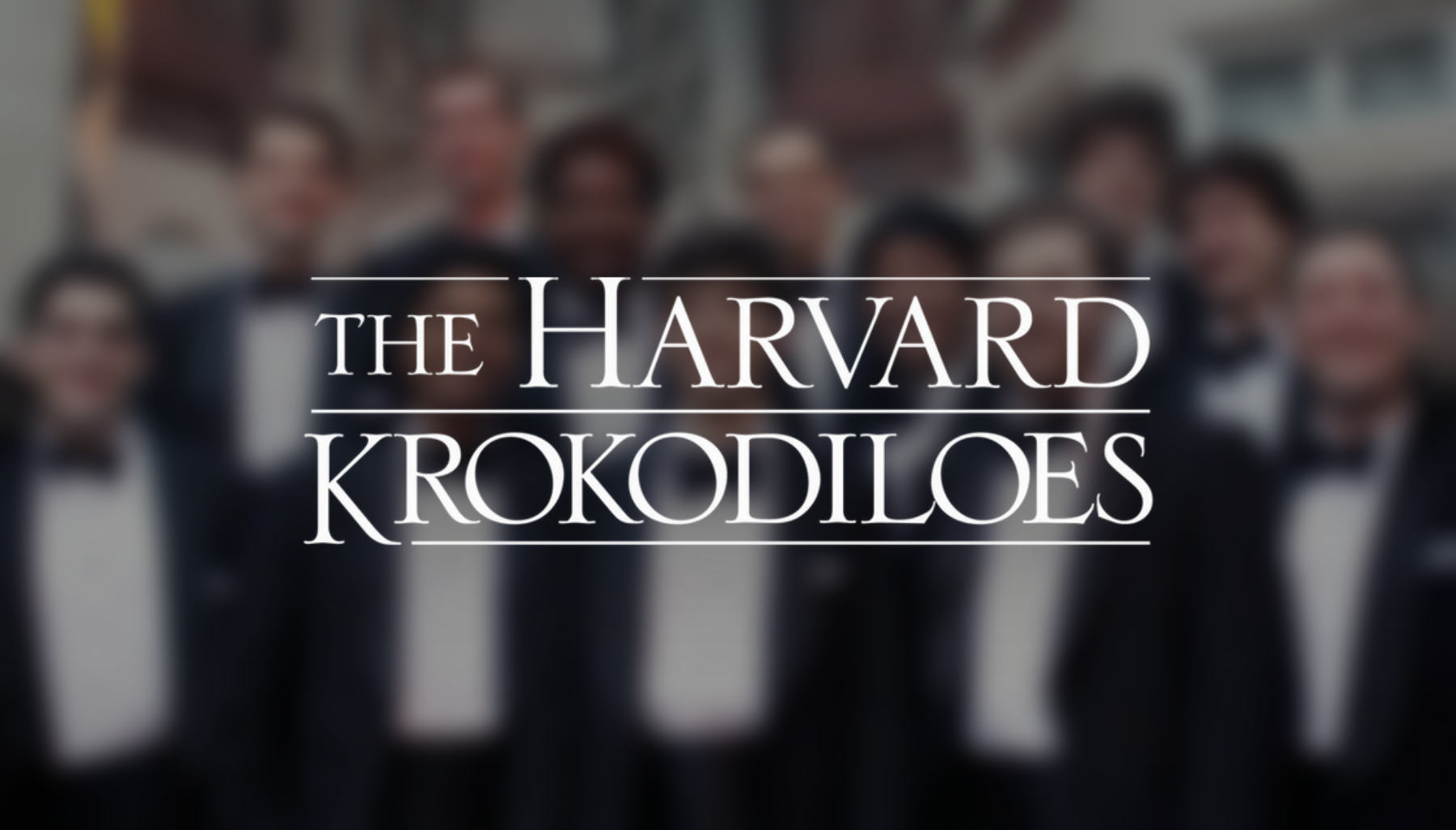The Hasty Pudding Institute of 1770 comprises the Hasty Pudding Club, the Hasty Pudding Theatricals and the Harvard Krokodiloes. Over the last two centuries, it has grown into a premiere performing arts organization, a patron for the arts and comedy, and an advocate for satire and discourse as tools for change worldwide.
An Overview
Hasty Pudding Club
In 1795, twenty-one Harvard juniors crowded into the dorm room of one Nymphas Hatch to establish a new on-campus society. The members pledged to maintain the Club’s secrecy and “to cultivate the social affections and cherish the feelings of friendship and patriotism” amongst them. Most importantly, they mandated that “the members in alphabetical order shall provide a pot of hasty pudding for every meeting.”
Over two centuries later, the Pudding continues as a cornerstone of the Harvard experience and is the source of lasting friendships. The oldest social club in the United States, the Pudding boasts a distinguished membership, including five U.S. Presidents (John and John Quincy Adams, Theodore and Franklin D. Roosevelt, and John F. Kennedy), William Randolph Hearst, Jack Lemmon, and many other luminaries in entertainment, academia, politics, business, and public service.
Throughout the years, the Club has continued to attract a dedicated membership that carries on our many special traditions including weekly Members’ Nights, Lecture Lunches, Charity Night and Service Days. The Hasty Pudding Club is the only co-ed social institution on Harvard’s campus and accepts members from all four classes.
There is no other collegiate organization quite like it in the world.
Hasty Pudding Theatricals
Pudding shows have a long tradition of daring social and political commentary, never shying away from controversial current events. Even in our early history, no one was safe from the jabs of the Pudding authors – not even our own patrons. In 1910, John Reed, who would go on to chronicle the Bolshevik Revolution firsthand, wrote Diana’s Debut, a bold satire of the Boston Elite. Two years before Charlie Chaplin’s The Great Dictator, the Pudding mercilessly mocked Hitler and Mussolini in 1938’s So Proudly We Hail. By 1964 William Had The Words had already parodied both the Beatles and the commodification of Shakespeare to sell make-up. Of course, the tradition continues to this day. In 2009, the oil crisis was central to the plot of HPT 161: Acropolys Now. And while unafraid to tackle polemical issues, the Pudding never takes itself too seriously, consistently delighting audiences with uproarious antics and clever wordplay.
Harvard Krokodiloes
The Harvard Krokodiloes, Harvard University’s oldest and most prestigious a cappella singing group, perform popular music from the 1920s through the 1960s. Founded at the Hasty Pudding Club in 1946, these twelve tuxedo-clad undergraduates tour the United States and the world, singing jazz, swing, ballads, and rock from America’s Golden Age.
The Krokodiloes present a polished, professional product, fine-tuned in the course of performing over 200 concerts every year. In addition to the more than 100 concerts that the group performs stateside during the school year, each summer for the past 30 years the Krokodiloes have embarked on a 10 week, six continent world tour.
During that time the Krokodiloes have spread their musical goodwill to over 100 countries and performed for kings, presidents, princes, and ambassadors in all corners of the globe. Their performances have been praised by such luminaries as Ella Fitzgerald, Princess Grace of Monaco, the Aga Khan, the King of Thailand, Yo-Yo Ma, Lauren Bacall, Julia Roberts, and the late Johnny Carson (who, after being pulled into a song by the Kroks, immediately remarked, “Thank you. You’re under arrest.”). Along with the Hasty Pudding Theatricals, the Kroks have also made Bermuda their spring break home for over 40 years, entertaining at the finest hotels and restaurants. In their almost seven decade history, the Kroks have recorded over 30 albums and performed in famed concert halls across the world including Carnegie Hall, Lincoln Center, the Kennedy Center, and the Sydney Opera House.





